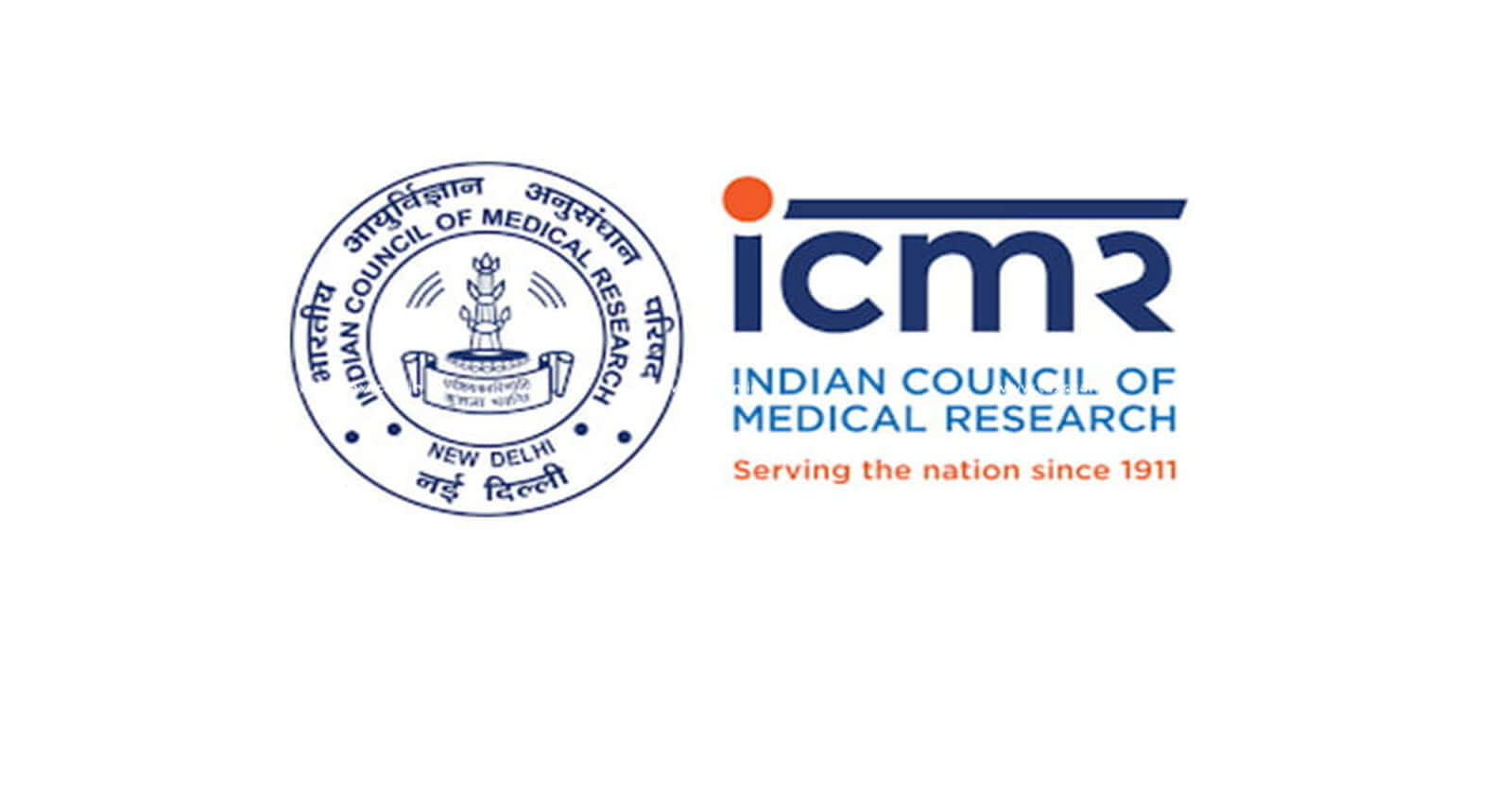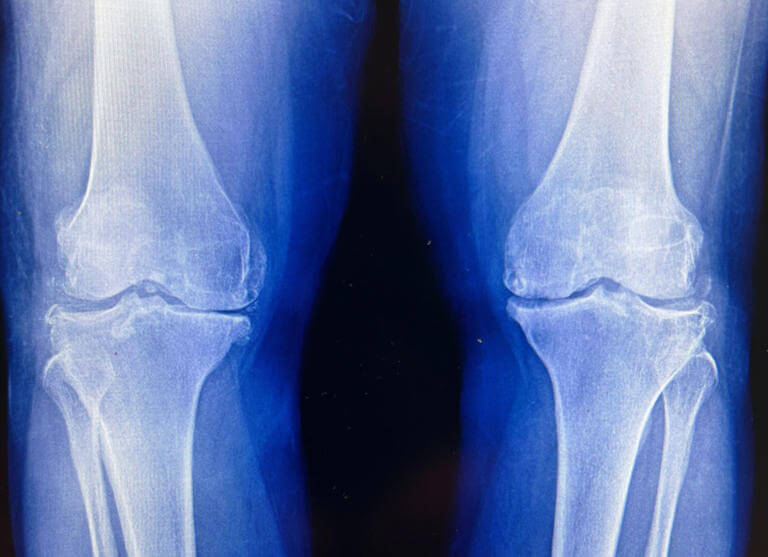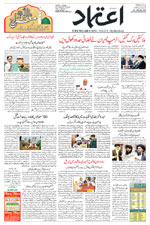Social media heavily promotes fast food and sugary drinks, driving unhealthy diets and obesity: Study
Sun 03 Nov 2024, 00:26:00

Obesity is a health issue affecting people worldwide, regardless of age. The places and situations around us that influence what we eat, including social settings, prices, and policies, play a big role in obesity and other diet-related health problems.
Marketing for food and drinks adds to this problem, as most ads focus on foods high in sugar, fat, and salt, encouraging people to consume these products.
A recent study has highlighted that a staggering volume of social media content promotes fast food and sugary beverages. This suggests that these platforms are contributing to the normalisation of unhealthy eating, especially among young audiences, the researchers said.
Published in PLOS Digital Health, the study led by Monique Potvin Kent of the University of Ottawa analyzed user-generated social media posts across platforms like Twitter, Reddit, Tumblr, and YouTube in Canada throughout 2020.
Researchers focused on mentions of 40 leading food and beverage brands, revealing that these brands were mentioned more than 16.8 million times, with an estimated reach of 42 billion views globally.
According to the analysis, fast food
restaurants made up 60.5% of posts and captured 58.1% of the reach, while sugar-sweetened beverages accounted for 29.3% of posts and nearly 38% of the reach.
restaurants made up 60.5% of posts and captured 58.1% of the reach, while sugar-sweetened beverages accounted for 29.3% of posts and nearly 38% of the reach.
Male users engaged with these posts at higher rates than female users. Although the study didn’t break down mentions by age, past research has shown young people are significant users of social media and are highly exposed to content related to these unhealthy food categories.
The authors argued that given heavy engagement by young users with social media, the digital space may be shaping dietary habits in a way that encourages higher consumption of fast food and sugary drinks, which are already linked to obesity and other health issues.
Kent and her team call for public health policies aimed at reducing youth exposure to such marketing, stating that this study supports "the need for safeguards in the digital food environment to protect vulnerable young people from the normalisation of unhealthy diets."
As the influence of digital spaces on youth dietary behaviours grows, the study’s findings present a strong case for urgent policies to protect young people from potentially harmful content.
No Comments For This Post, Be first to write a Comment.
Most viewed from Health
AIMIM News
Latest Urdu News
Most Viewed
May 26, 2020
Can Lionel Messi's visit boost Indian football?
Latest Videos View All
Like Us
Home
About Us
Advertise With Us
All Polls
Epaper Archives
Privacy Policy
Contact Us
Download Etemaad App
© 2026 Etemaad Daily News, All Rights Reserved.

























.jpg)
.jpg)
.jpg)


